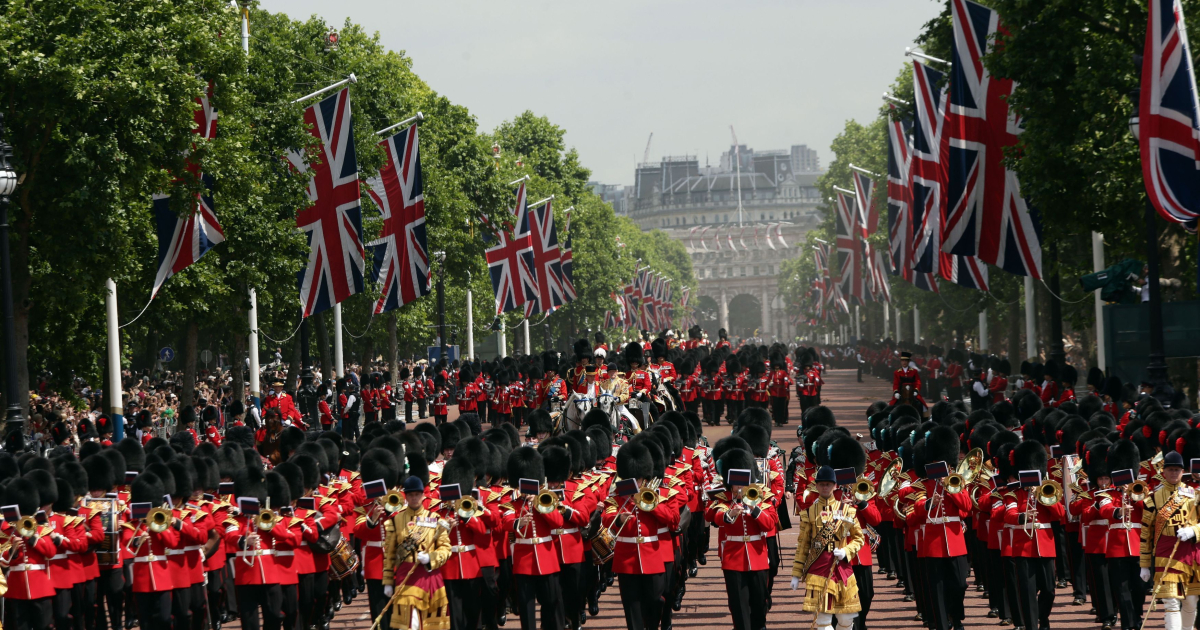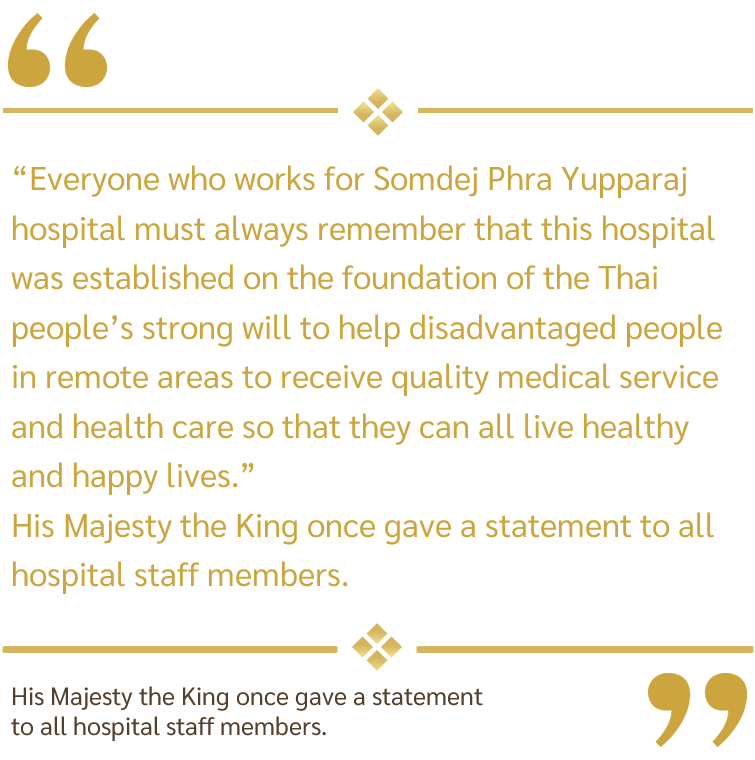When we think about royal families, our minds often drift to glittering crowns, opulent palaces, and picture-perfect ceremonies. But beneath all the glitz and glamour lies a world of responsibility and duty that most people don’t fully understand. What royal duties do crown families have? It’s a question that has intrigued millions around the globe. Today, we’re diving deep into the fascinating world of royalty to uncover the truth behind their roles and responsibilities.
Beyond the red carpets and royal waves, members of crown families are bound by centuries-old traditions and protocols. These duties aren’t just ceremonial; they’re deeply rooted in the fabric of their nations and play a crucial role in maintaining cultural heritage and national identity. Think of it as a balancing act between preserving history and adapting to modern times.
So, why does this matter to you? Understanding the responsibilities of royal families gives us insight into how they contribute to society, both symbolically and practically. From diplomatic engagements to charitable work, these royals are more than just faces on stamps—they’re active participants in shaping the world around them. Let’s get started!
Read also:Fantasi Sotwe The Ultimate Guide To Exploring Your Creative Mind
Table of Contents
- Introduction to Royal Duties
- Biography of Crown Families
- Ceremonial Roles
- Diplomatic Engagements
- Charitable Works
- Supporting National Institutions
- Public Representations
- Traditions and Protocols
- The Future of Royal Duties
- Conclusion and Takeaways
Introduction to Royal Duties
Let’s kick things off by breaking down what exactly royal duties entail. At its core, the role of a crown family is to serve as a symbol of unity and continuity for their nation. They’re like the glue that holds everything together, especially during times of crisis or change. These duties can range from attending state events to promoting cultural values, but they all boil down to one thing: representing the people.
For instance, Queen Elizabeth II spent over seven decades fulfilling her royal duties with grace and dedication. She didn’t just attend fancy parties; she worked tirelessly to strengthen international relations, support charitable causes, and inspire millions through her leadership. Her legacy shows us just how impactful royal duties can be when done right.
But here’s the kicker—these responsibilities aren’t limited to queens or kings alone. Every member of the royal family, from princes to princesses, plays a part in carrying out these duties. And trust me, it’s not always as glamorous as it looks on TV.
Who Are the Crown Families?
Before we dive deeper, let’s take a quick look at who we’re talking about. Crown families vary across different countries, but they share one common trait—they’ve been entrusted with the task of upholding their nation’s values and traditions. Whether it’s the British Royal Family, the Swedish Royal Family, or the Japanese Imperial Family, each group brings its own unique flair to the table.
Biography of Crown Families
Now, let’s get personal. Here’s a glimpse into the lives of some well-known crown families:
| Name | Position | Country | Year Ascended |
|---|---|---|---|
| King Charles III | Monarch | United Kingdom | 2022 |
| Queen Letizia | Consort | Spain | 2004 |
| Crown Princess Mary | Heir Apparent | Denmark | 2004 |
| Emperor Naruhito | Monarch | Japan | 2019 |
Each of these individuals brings their own background and experiences to their roles, shaping how they approach their royal duties. From King Charles III’s passion for environmental conservation to Crown Princess Mary’s focus on social issues, there’s no one-size-fits-all approach to being royal.
Read also:Adam Savage Kids A Closer Look At The Family Life Of A Mythbuster Legend
Ceremonial Roles
Ceremonial duties are probably the most visible aspect of royal life. Think coronations, weddings, and state banquets. These events aren’t just for show; they’re opportunities for royals to connect with their people and celebrate shared heritage.
Take the recent Coronation of King Charles III, for example. It wasn’t just a grand spectacle; it was a moment to reaffirm the values of monarchy in today’s world. The ceremony blended ancient traditions with modern touches, showcasing how royals adapt while staying true to their roots.
Behind the Scenes
Preparing for these events is no small feat. Months of planning go into ensuring every detail is perfect—from the music played to the seating arrangements. It’s like orchestrating a massive symphony where every note matters. And let’s not forget the fashion! Royalty always knows how to make an entrance, don’t they?
Diplomatic Engagements
Another crucial part of royal duties involves diplomacy. Royalty often acts as ambassadors for their countries, traveling abroad to strengthen ties with other nations. These engagements help foster goodwill and cooperation on a global scale.
For example, Prince William and Kate Middleton have been instrumental in promoting British interests worldwide. Their visits to countries like Pakistan and India have not only highlighted cultural exchanges but also opened doors for economic partnerships.
Why Diplomacy Matters
In a world that feels increasingly divided, diplomacy is more important than ever. Royal families bring a neutral yet influential voice to the table, making them perfect mediators in international affairs. Plus, who doesn’t love seeing those iconic royal waves?
Charitable Works
Beyond the pomp and circumstance, royals are deeply involved in charitable initiatives. They use their platform to raise awareness and funds for causes close to their hearts. This is where their influence truly shines, inspiring others to make a difference.
Princess Diana was a trailblazer in this area, championing causes like AIDS awareness and landmine clearance. Her legacy lives on through her sons, Prince William and Prince Harry, who continue her work in their own ways.
Modern Philanthropy
Today’s royals are embracing technology and social media to amplify their messages. Platforms like Instagram and Twitter allow them to reach wider audiences and engage directly with supporters. It’s a smart move that keeps them relevant in the digital age.
Supporting National Institutions
Royal families also play a key role in supporting national institutions, such as the military, education systems, and healthcare providers. By lending their names and resources, they help elevate these organizations and ensure their continued success.
King Charles III, for instance, has long been a patron of various arts and cultural institutions. His involvement helps secure funding and attract talent, ensuring that these sectors thrive for future generations.
Collaboration Over Competition
Instead of competing with other entities, royals focus on collaboration. They work alongside governments, businesses, and communities to achieve common goals. This teamwork approach is what makes their contributions so effective.
Public Representations
Being in the public eye is both a blessing and a curse for royals. While it gives them a platform to share their message, it also means constant scrutiny. Every word, gesture, and outfit choice is dissected by the media and public alike.
That’s why training in public speaking and media relations is essential for any aspiring royal. They need to be able to convey their thoughts clearly and confidently, even under pressure. It’s a skill that takes years to master, but one that’s vital for success.
Dealing with Criticism
Of course, not everyone will agree with everything royals say or do. That’s where resilience comes in. They learn to handle criticism gracefully, focusing on the bigger picture rather than getting bogged down by negativity.
Traditions and Protocols
One of the most fascinating aspects of royal life is the adherence to traditions and protocols. These rules may seem rigid to outsiders, but they serve an important purpose—maintaining consistency and respect within the institution.
From addressing members of the royal family correctly to knowing when to bow or curtsy, there’s a lot to keep track of. But for those in the know, these traditions become second nature.
Evolution of Tradition
While tradition is important, so is evolution. Modern royals are finding ways to honor the past while embracing change. This balance ensures that the monarchy remains relevant and relatable to contemporary audiences.
The Future of Royal Duties
So, what does the future hold for royal duties? As the world continues to evolve, so too must the roles of crown families. We’re already seeing shifts towards more inclusive and diverse representation, as well as increased focus on global issues like climate change and mental health.
The key will be striking a balance between tradition and innovation. By staying connected to their people and adapting to changing times, royals can ensure their relevance for generations to come.
Challenges Ahead
Of course, there will be challenges along the way. Economic pressures, political tensions, and shifting societal values all pose potential threats to the monarchy. But with determination and adaptability, crown families can overcome these obstacles and continue thriving.
Conclusion and Takeaways
And there you have it—a comprehensive look at what royal duties do crown families have. From ceremonial roles to diplomatic engagements and charitable works, these responsibilities shape the world in ways both big and small. The next time you see a royal wave or hear about a state visit, remember the hard work and dedication that goes into making it happen.
So, what can you do? Show your support by learning more about your country’s royal family and the causes they champion. Share this article with friends and family to spread awareness. Together, we can appreciate the vital role that crown families play in our lives.
Got thoughts on the topic? Drop a comment below and let’s keep the conversation going!


